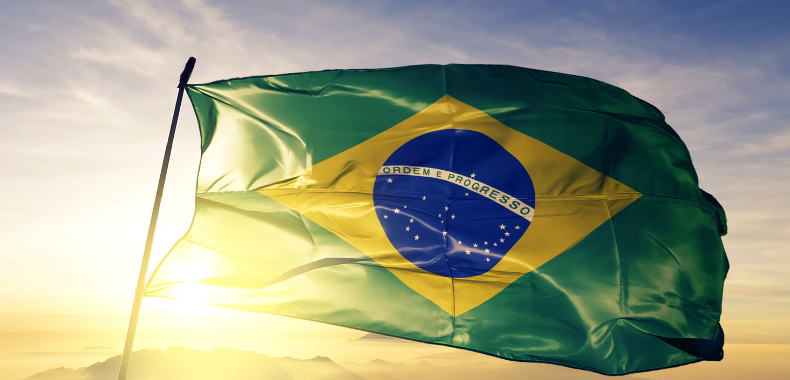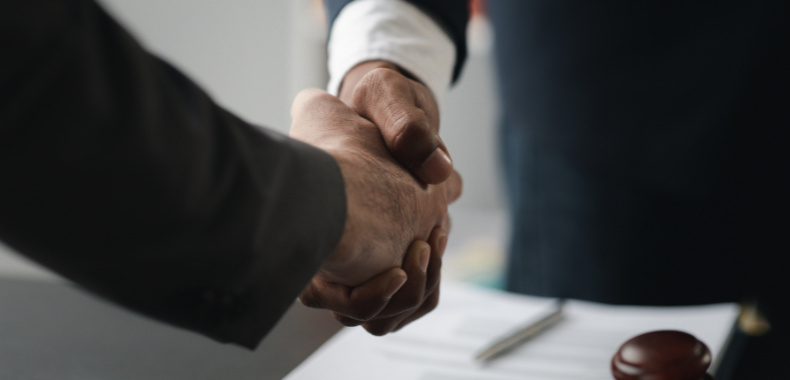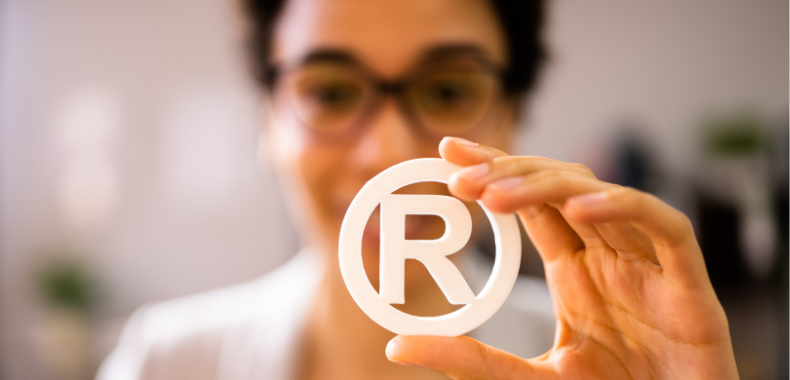The World Intellectual Property Organization (WIPO) released last year’s statistics for the Patent Cooperation Treaty (PCT), the Madrid Agreement and the Hague System.
According to the WIPOs publication, there has been a record increase in demand for protection of patentable products and processes in the last year, with a total of 278,100 new patent applications. The increase was 0.3% compared to the previous number.
Among all the countries that used the Patent Cooperation Treaty system, there was a 25% increase in applications filed in India, followed by South Korea, with the number of 6.2% more applications than in the previous year.
According to WIPO, the number of designs included in international applications in the Hague System for the International Registration of Industrial Designs increased by 11.2% in 2022, with a total of 25,028 registrations. In this system, Germany ranks first (with 4,909 drawings registered), followed by China (2,558), Italy (2,414), United States (2,412) and Switzerland (2,178 drawings).

Today, Brazil occupies the 61st position, having presented only one project in 2022. It should be noted that much of this increase is due to the fact that on February 2023, Brazil officially joined the Hague Convention for the International Registration of Industrial Designs. With its accession, Brazil will become the second Latin American country (after Mexico) and the 79th member to adhere to the Convention.
After all, what is the logical conclusion that we can reach with these numbers?
These numbers clearly demonstrates that even with the world economy facing a delicate moment, in which much is said about a globalized economic recession, what we saw in the last year is that more and more companies are concerned with protecting the products and processes resulting from their research and development.
If you are interested in protecting an invention as a patent, or extending the protection of your patent/industrial design application to other countries of interest, count with Peduti!
—
Author: Bruno Arminio and Cesar Peduti Filho, Peduti Advogados.
Source: BRASIL OCUPA AS 30 PRIMEIRAS POSIÇÕES EM PEDIDOS DE PATENTES INTERNACIONAIS
—
“If you want to learn more about this topic, contact the author or the managing partner, Dr. Cesar Peduti Filho.”




